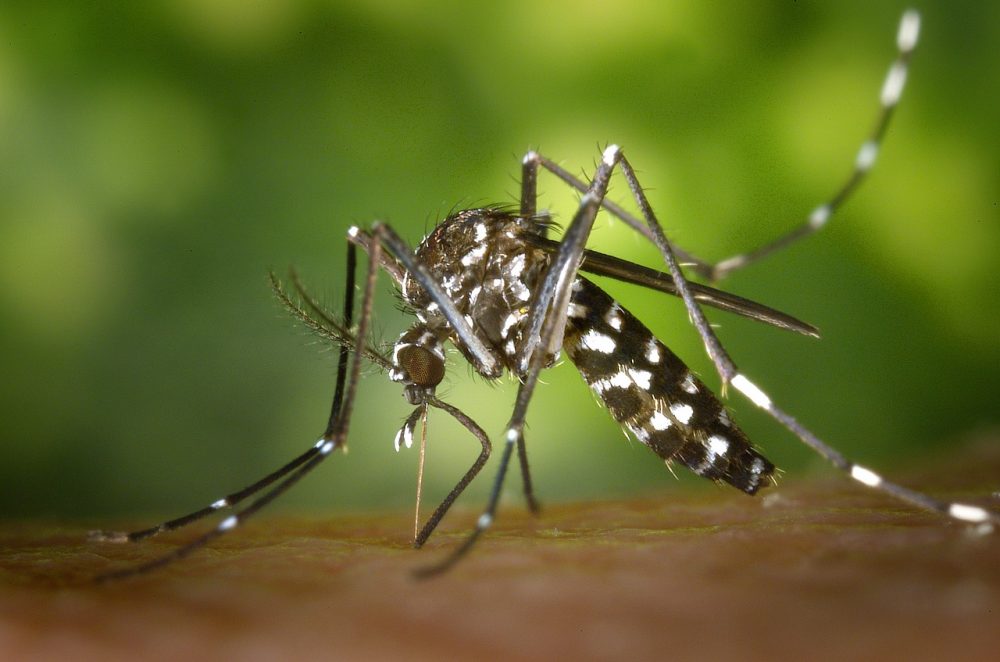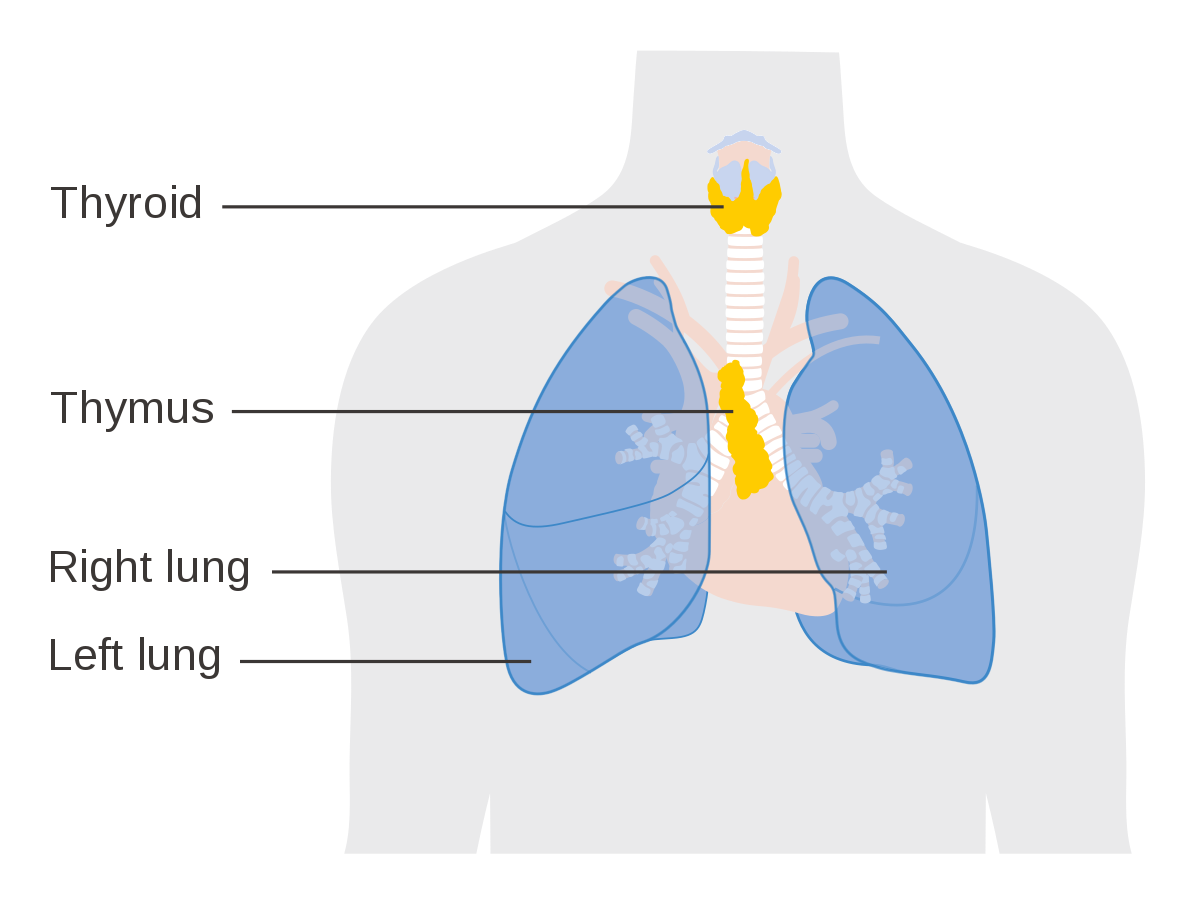Mosquitoes rely on an array of sensory information to find people to bite…picking up on human body heat, body odor, moisture, and visual cues to get attracted to some humans but not others. But the receptors that aid in this hunt had never been mapped.
Understanding why mosquitoes bite some people more than others?
Now, to understand why mosquitoes bite some people more than others, Johns Hopkins Medicine researchers have mapped specialized receptors on the insects’ nerve cells which help them detect “welcoming” odors in human skin.
Researchers identified special ionotropic receptors on mosquito neurons that help the insects decide whom to bite for their next blood meal.
Understanding mosquitoes’ odor sensors will help find ways to avoid mosquito bites and the diseases they cause
According to World Health Organization (WHO) estimates, mosquito-borne diseases kill some 725,000 people a year. The new research is crucial to find better repellents that can control odorant attraction.
Researchers focused on ionotropic receptors because of their ability to guide a mosquito to prefer one type of human skin over another. They looked for them in the insects’ antennae and found the majority of ionotropic receptors at the top of the antennae.
Pinpointing ionotropic receptors means that scientists are a little closer to finding possible mosquito repellents that actually work.







